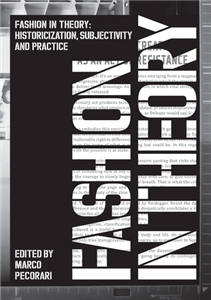Security/Mobility
Politics of movement
by Matthias Leese, Stef Wittendorp, Peter Lawler, Emmanuel Pierre Guittet
Mobility and security are key themes for students of international politics in a globalised world. This book brings together research on the political regulation of movement - its material enablers and constraints. It explores aspects of critical security studies and political geography in order to bridge the gap between disciplines that study global modernity, its politics and practices. The contributions to this book cover a broad range of topics that are bound together by their focus on both the politics and the material underpinnings of movement. The authors engage diverse themes such as internet infrastructure, the circulation of data, discourses of borders and bordering, bureaucracy, and citizenship, thereby identifying common themes of security and mobility today.






















